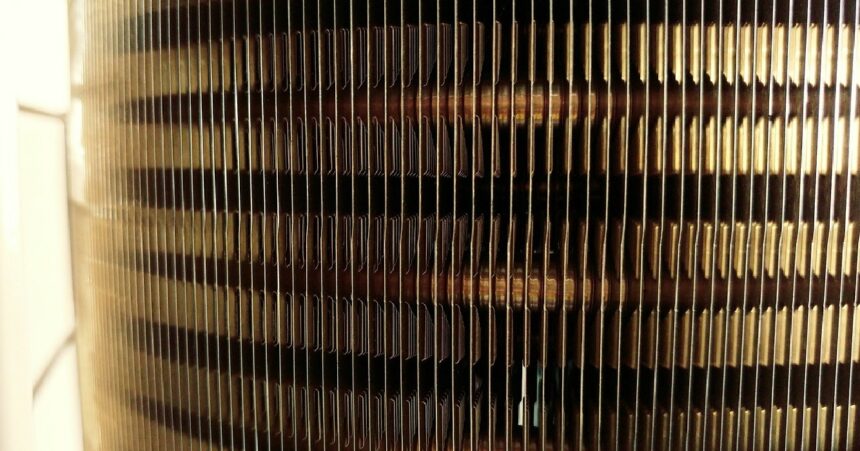In the realm of industrial machinery and systems, the industrial radiator emerges as a crucial component, playing a pivotal role in regulating temperature and ensuring the smooth operation of various industrial processes. This article delves into the details of what an industrial radiator is, its uses, and why it is indispensable in industrial settings. By understanding the functionality and significance it, industries can optimize their operations and maintain the longevity of their equipment.
What is an Industrial Radiator?

An industrial radiator is a type of heat exchanger designed to transfer thermal energy from one medium to another for heating or cooling purposes. Unlike the smaller radiators used in domestic settings, they are much larger and more robust, built to handle high-capacity cooling requirements in industrial applications. They are typically constructed using materials like steel, aluminum, or copper, known for their heat-conducting properties.
The Mechanism of Industrial Radiators
The primary function of an industrial radiator is to regulate the temperature of machines and systems that generate a significant amount of heat during operation. They work by circulating a coolant, usually a mixture of water and antifreeze, through the engine or system. As the coolant passes through the radiator, it absorbs excess heat, which is then dissipated into the air, thereby preventing overheating. While they operate on a similar principle, these radiators are larger, more robust, and designed to handle higher capacities compared to car radiators.
Applications of Industrial Radiators

These radiators find applications in a variety of sectors. One of their most common uses is in large-scale cooling systems, such as those in manufacturing plants, chemical processing units, and power plants. They are also integral to heavy machinery like construction equipment, agricultural machines, and generators, ensuring these machines operate at optimal temperatures.
Importance in Manufacturing and Production

In manufacturing and production facilities, this radiator plays a critical role in maintaining the efficiency and safety of the operation. Overheating of machinery can lead to equipment failure, production downtime, and potential hazards. Industrial radiators help in mitigating these risks by efficiently managing the temperature of machines and systems.
Customization and Variety
One of the advantages of these radiators is their adaptability to different industrial needs. They come in various sizes and designs, with options for customization based on specific requirements like cooling capacity, size constraints, and environmental factors. This flexibility makes them suitable for a wide range of industrial applications.
Energy Efficiency and Cost-Effectiveness
Modern industrial radiators are designed to be energy-efficient, reducing the overall energy consumption of the systems they are used in. By optimizing heat transfer and reducing the load on cooling systems, they contribute to cost savings in terms of energy use and maintenance.
Longevity and Durability
Given the demanding conditions of industrial environments, industrial radiators are built for durability. Their robust construction can withstand extreme temperatures, pressure, and corrosive substances, ensuring a long service life and reducing the need for frequent replacements.
Maintenance and Care

To ensure optimal performance, regular maintenance of industrial radiators is essential. This includes cleaning the radiator to prevent clogging, checking for leaks, and ensuring the coolant is at the appropriate level and concentration. Proper maintenance not only extends the life of the radiator but also maintains the efficiency of the entire cooling system.
More Than Metal
The industrial radiator is a vital component in the smooth and efficient operation of various industrial systems and machinery. Its ability to effectively manage heat not only ensures the safety and longevity of equipment but also contributes to the overall productivity of industrial operations. Understanding the functionality, applications, and maintenance of industrial radiators is key for industries looking to optimize their processes and maintain operational excellence.


